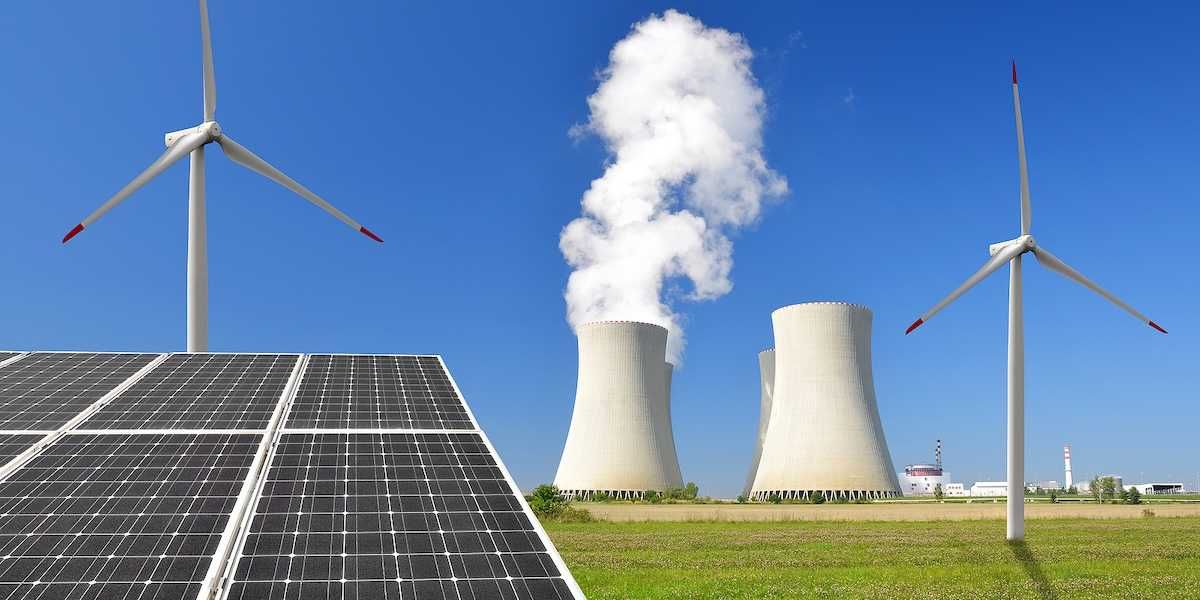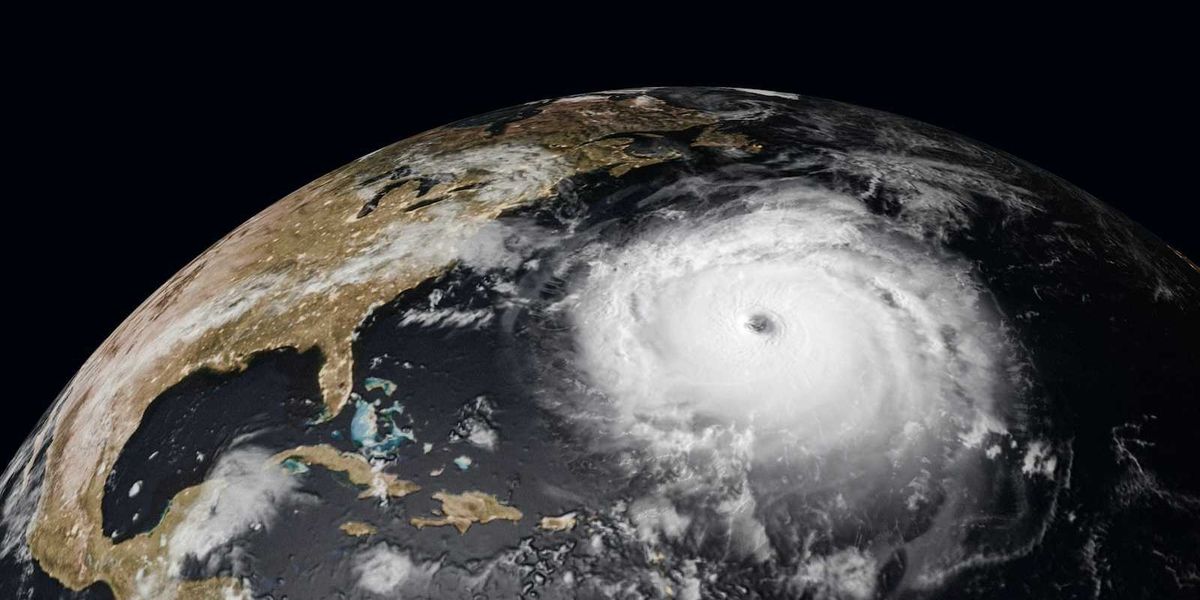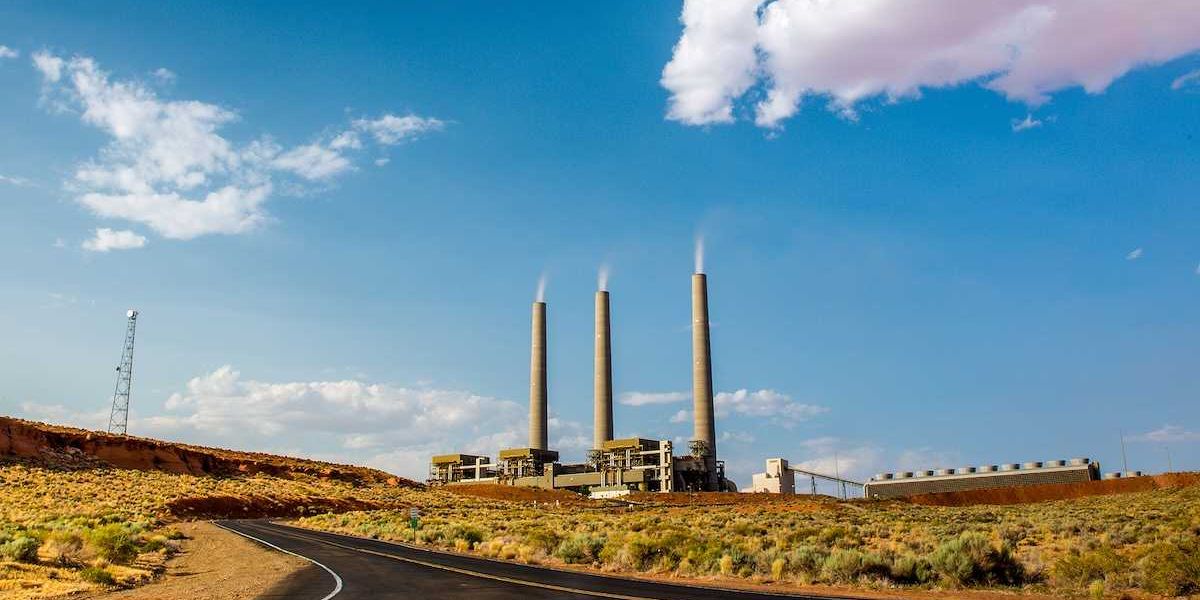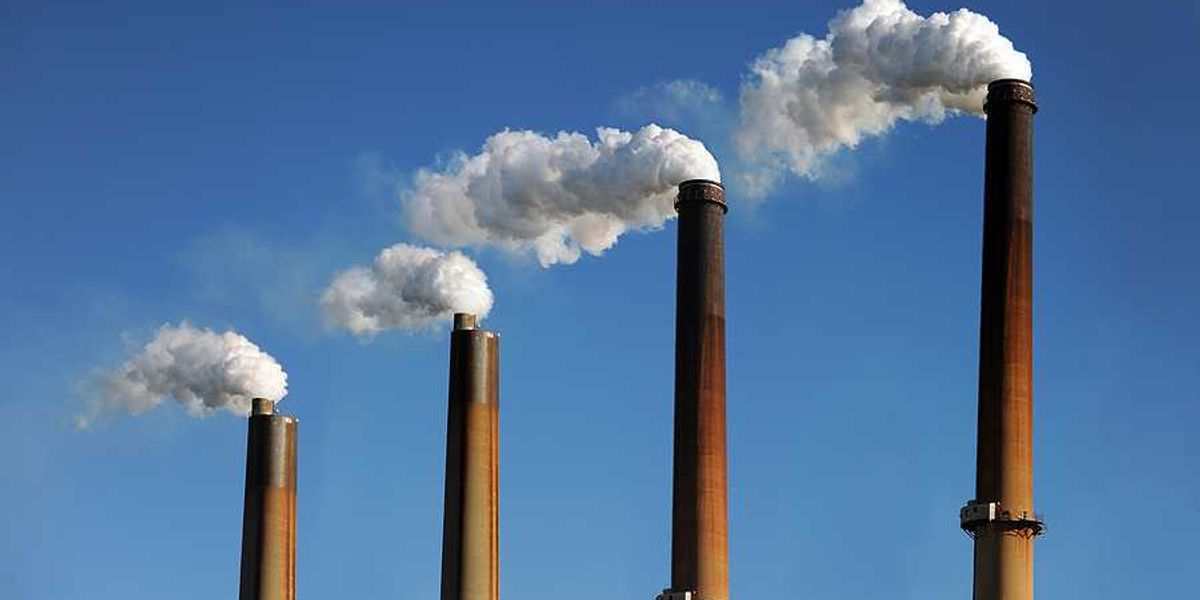
Hollywood’s third strike on climate change?
"Don't Look Up" is ambitious—but trips over its subject matter.
You’ve got to cut a break to the superb cast and an A-for-effort try on “Don’t Look Up.”
The film’s failings are due to its subject matter: it’s that the real-life catastrophe of climate change would make an awful major motion picture. It already has. Twice. Before a few words on “Don’t Look Up,” let’s look back at its futile predecessors.
Waterworld
Back in 1995, “WaterWorld” released to an indifferent audience. Realistic? Not so much. The movie was set centuries in the future. Kevin Costner was a lonely mariner on a flooded planet. He drank his own pee and grew a scraggly lemon tree— the vitamin C in citrus fruit helped him fend off scurvy.
Oh, and in a grand evolutionary touch, he had gills.
Costner’s character is also unrealistically hunky for a pee-swilling, water-breathing desperado. This comes in handy when upon a ramshackle ship the passengers include a Hollywood requisite—a comely woman to provide the love interest for the lonely hunk with gills.
The woman has a young child with a back tattoo that’s actually a map to the rumored Dry Land—what’s left of terra firma after melting polar ice caps swamp the Earth.
But wait! There’s more!
Another rustbucket, which turns out to be the centuries-old Exxon Valdez, is crewed by nasty pirates hell-bent on kidnapping the inked kid. The late Dennis Hopper played the swaggering, maniacal skipper as only he could.
Anyway, Costner defeats “The Smokers,” finds Dry Land, and gets the girl. Alas, there’s nothing he can do about climate change. The end.
“WaterWorld” released six years after real-world NASA scientist James Hansen’s powerful Congressional testimony on the perils of a warming Earth. It was thought that Hansen’s chilling scenario would be, to use today’s most overused cliché, a game changer. But almost 34 years later, the game has barely changed.
“WaterWorld” received one Oscar nomination for sound editing. It didn’t win. At the box office, it barely broke even.
The Day After Tomorrow
“The Day After Tomorrow” debuted in 2004. It featured multiple climate impacts expected by scientists to roll out over decades. As a storytelling convenience the screenplay has them roll out in about 72 hours instead.
Waves hit as high as the Statue of Liberty’s belly button and ungodly cold hit much of the Northern Hemisphere. You can’t hail a cab in Midtown Manhattan because the cabs are under 50 feet of ice. A cadre of young people trapped in the upper floors of New York’s main library keep warm by burning books. A trio of tornadoes hit Hollywood (while Hollywood tornadoes are virtually unheard of, there’s no consensus on a climate change-tornado link).
Dennis Quaid played a climate scientist trying to save both the Earth and his marriage; dreamy Jake Gyllenhaal played his son, holed up in the book-burning library while trying to ignite a romance. And book-burning isn’t the worst heavy-handed metaphor in the flick: A Vice President who looks and talks a lot like Dick Cheney, the ex-oilman and then-current VP, is played by Kenneth Welsh.
“The Day After Tomorrow” cleared nearly a quarter billion over its production costs. One might think that’s a pretty good Hollywood motive to crank out a few more climate flicks—good, bad, or in between. But this December’s allegorical satirical “Don’t Look Up” is the first in 16 years, and it doesn’t even mention climate.
Don't Look Up
The real-life Leonardo DiCaprio spends a great deal of his time and money on causes close to his heart. Meteors or comets striking the Earth was never one of them. But as a dreamy astronomer whose dreamy Ph.D. candidate student (Jennifer Lawrence) discovers a “planet-killer” comet that’s two months away from a direct hit on Earth, Leo and J-Law have a hard time convincing vapid talkshow hosts and politicos that the Earth is in peril.
Moviegoers like me are left to connect the dots to climate change: It won’t provide a lethal threat in a mere couple of months like Comet Leo. But there it is.
Aren’t tens of millions of us having a hard enough time coughing up the reality that the 2020 election wasn’t fixed? Or that COVID-19 vaccines aren’t a massive effort to steal our breath?
In its earliest weeks, “Don’t Look Up” is a hit with viewers. Beyond its headliners, the all-star cast includes Meryl Streep as a cynical U.S. President; Jonah Hill as her more cynical son and Chief of Staff; Ariana Grande, and Cate Blanchett.
I’m just not convinced its “Doctor Strangelove” dark humor vibe is going to result in many more climate converts to jump the line ahead of the pandemic and its vaccines, MAGA, the economy, Putin, infrastructure and God-knows-what else is ahead the immediate disaster hopper.
Does it change the game? I’m afraid not.
Peter Dykstra is our weekend editor and columnist and can be reached at pdykstra@ehn.org or @pdykstra.
His views do not necessarily represent those of Environmental Health News, The Daily Climate, or publisher Environmental Health Sciences.
Banner photo: "Don't Look Up." (Credit: Youtube screenshot)













